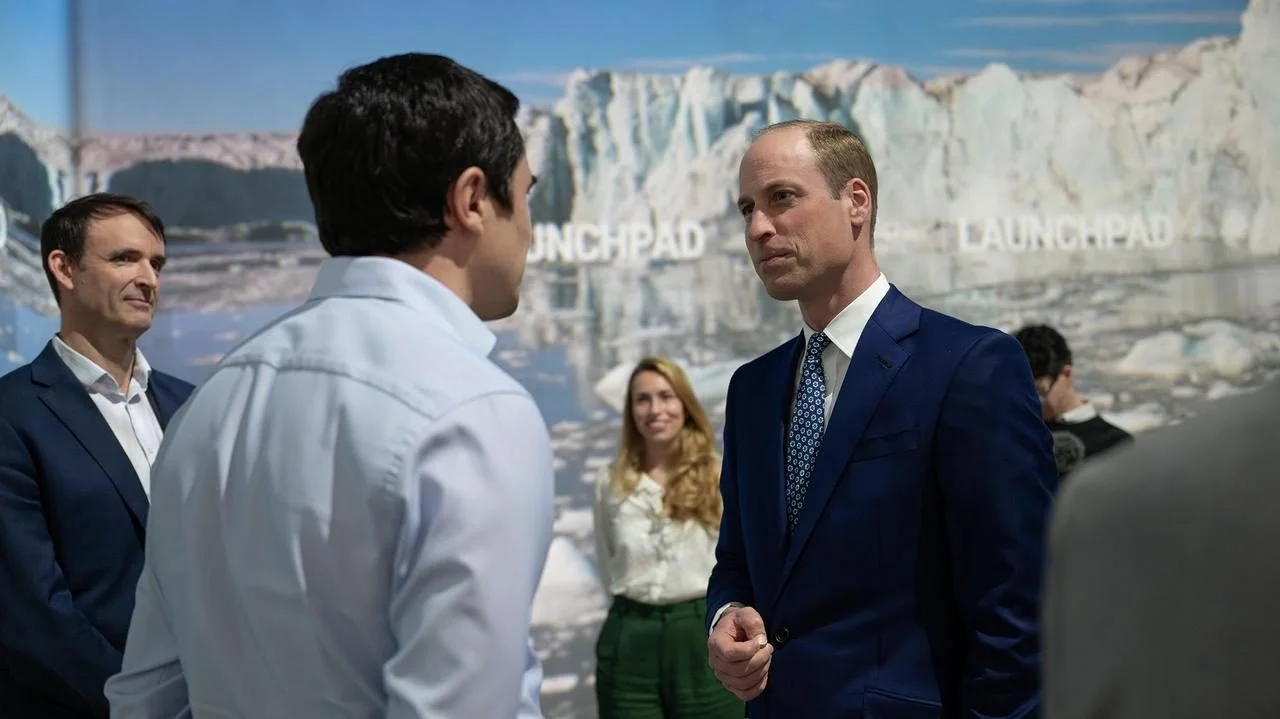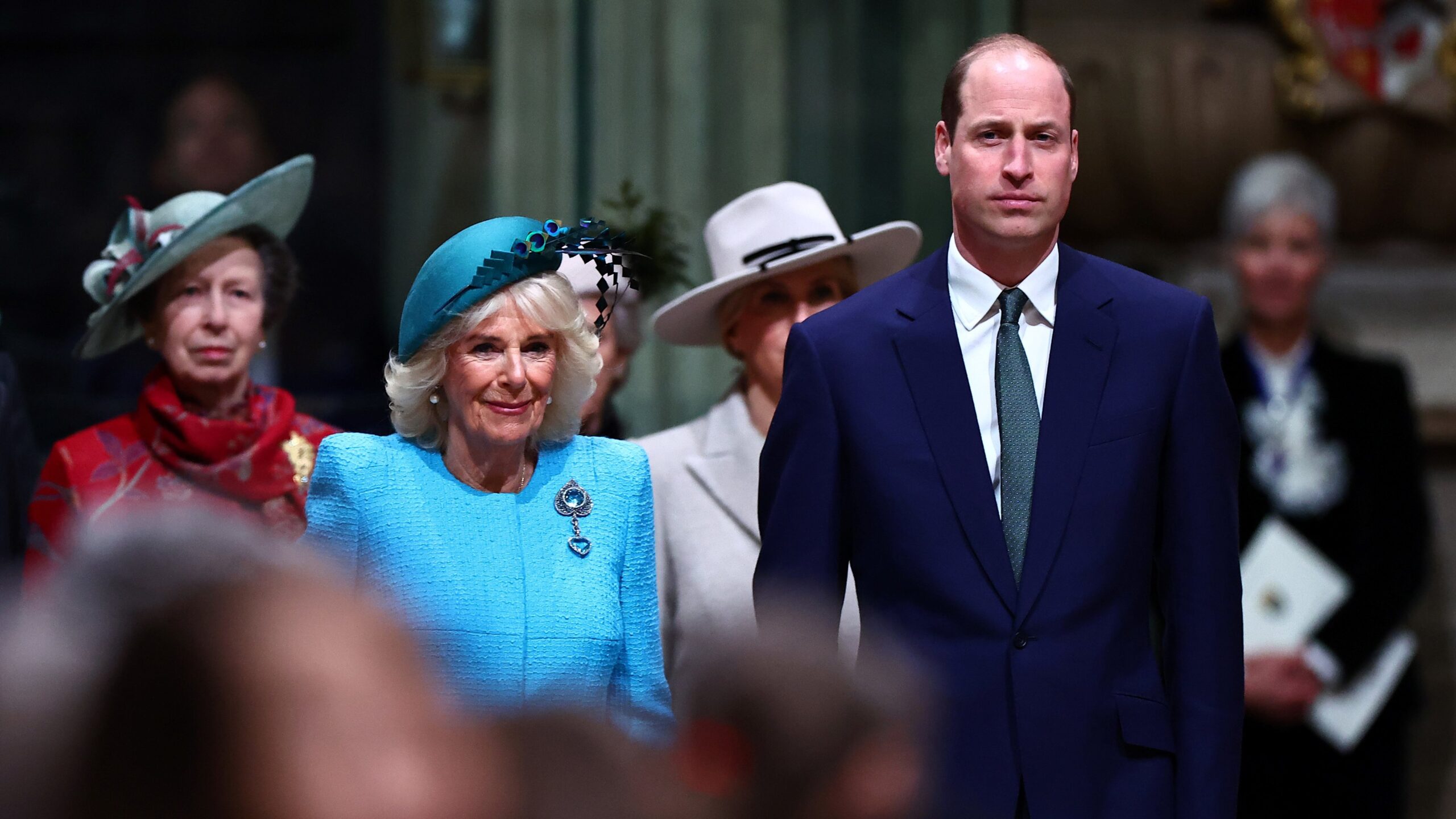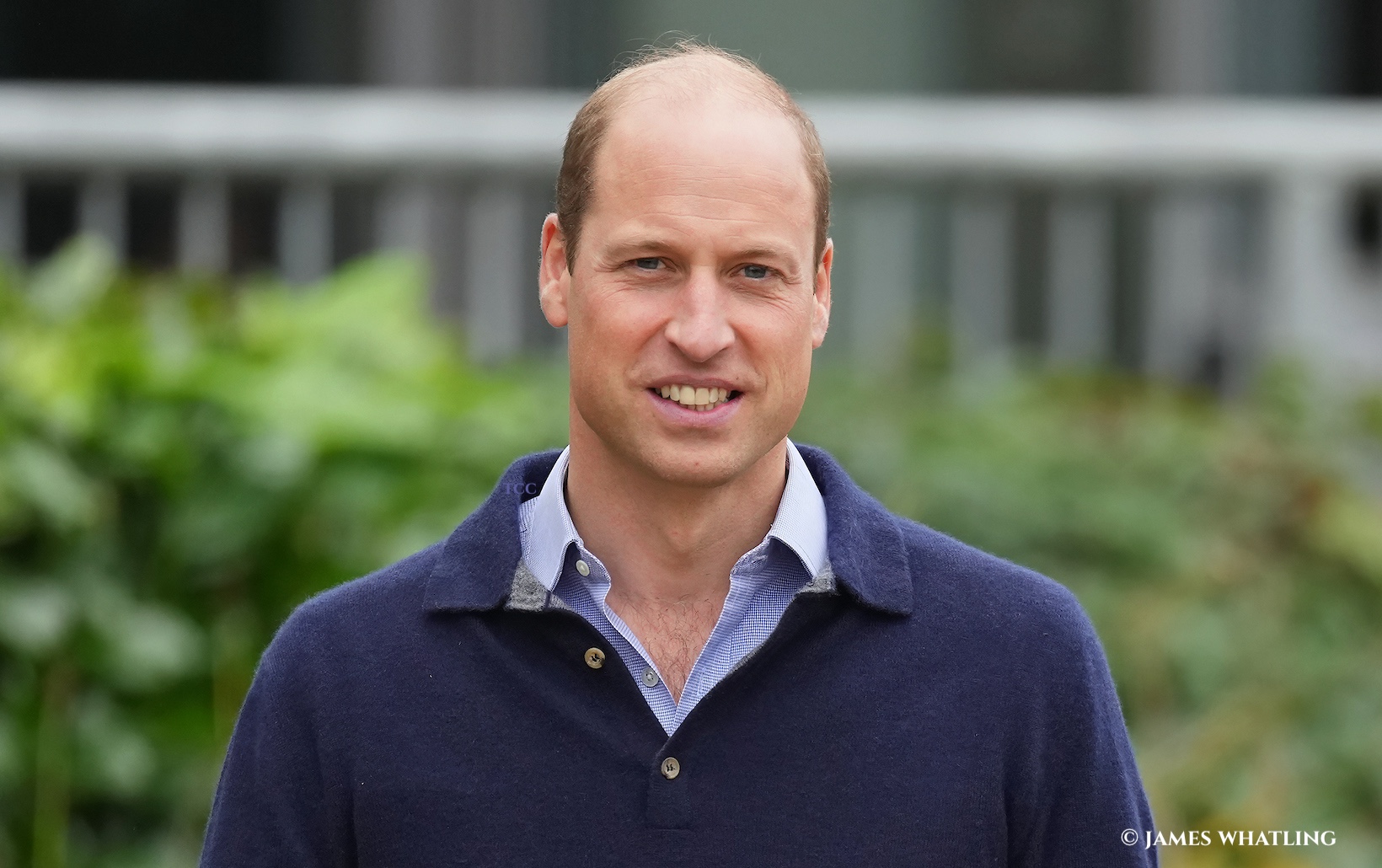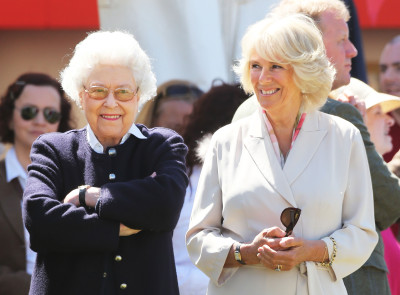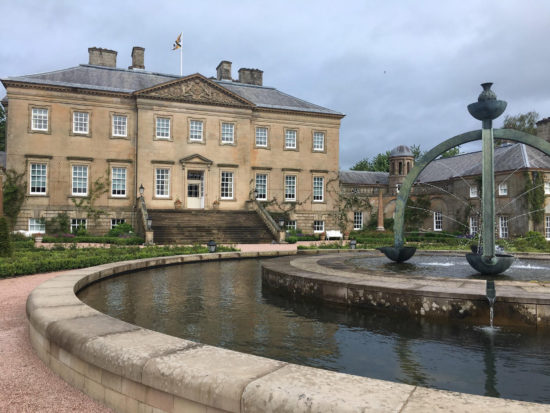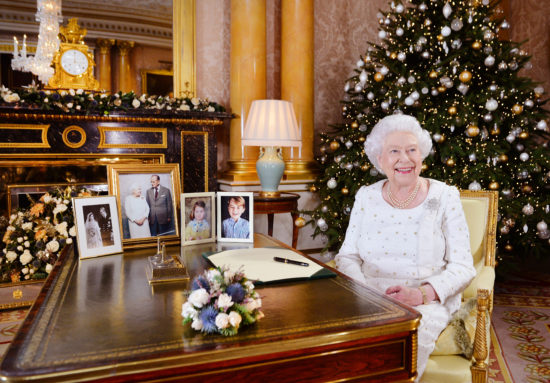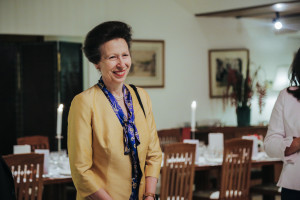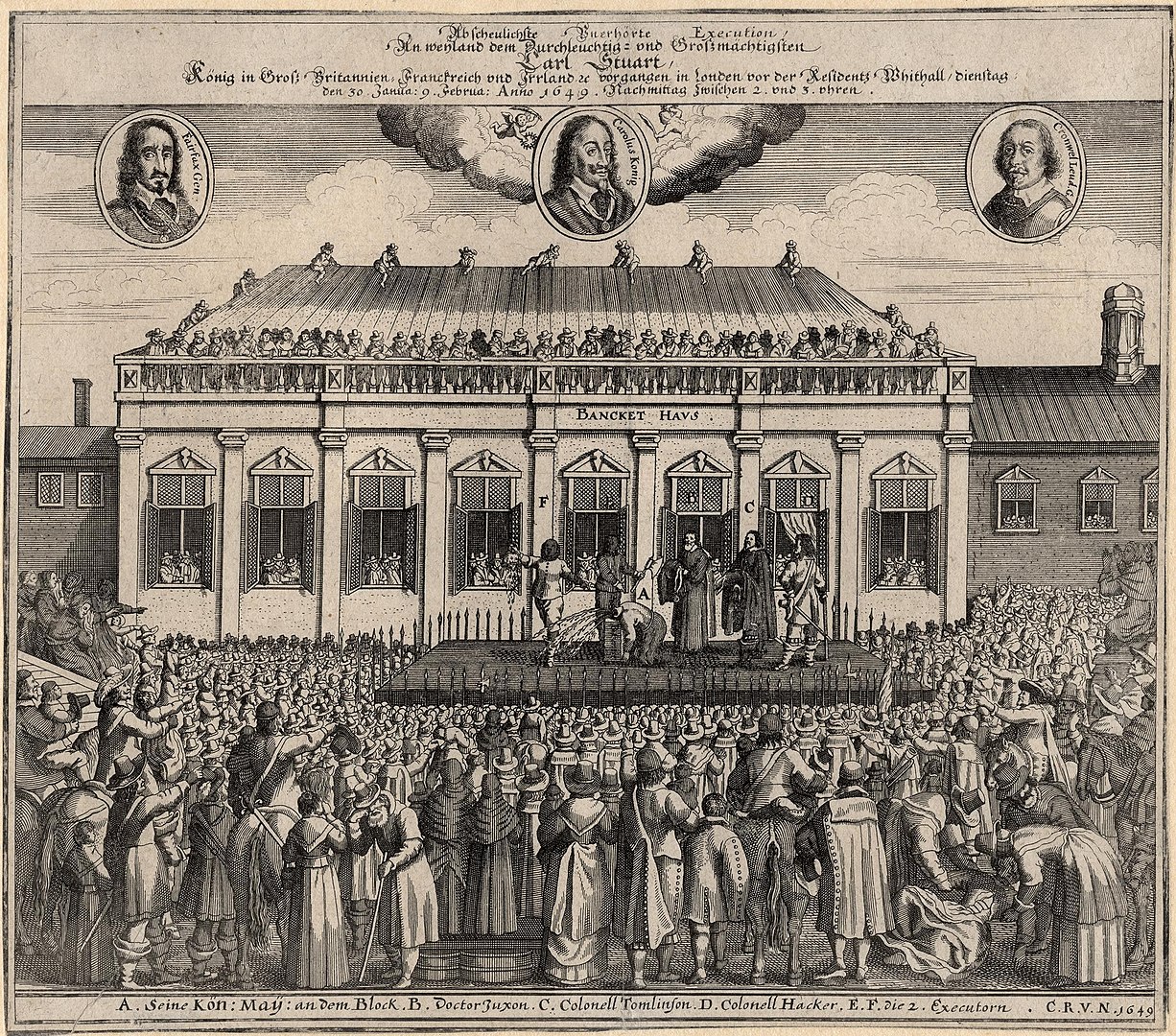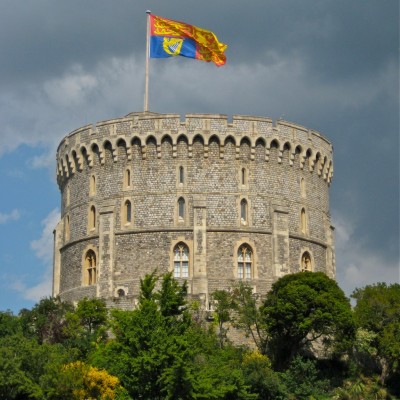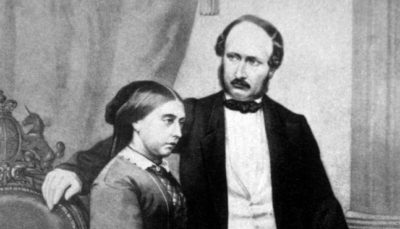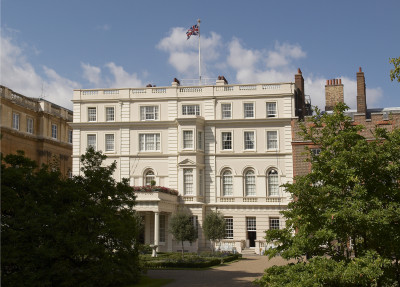The Duchess of Cambridge focussed her day of engagements on maternal mental health; Kate visited the Maurice Wohl Clinical Neuroscience Institute today – in typical London rain – to learn more about postnatal depression.
Embed from Getty Images Embed from Getty Images
The Duchess also spent time at the Bethlem Royal Hospital in south-east London, which specialises in the treatment of antenatal and postnatal mental health issues, including postnatal depression and postpartum psychosis.
Catherine, who is around six months into her third pregnancy, toured the Maurice Wohl Clinical Neuroscience Institute at King’s College London, where experts explained to her the biological factors that can influence a new mother’s mental health, as well as the support that is now available.
The Duchess of Cambridge arrives at @KingsIoPPN, one of Europe’s largest centres for neuroscience excellence, to learn more about the challenges and issues surrounding maternal mental health. pic.twitter.com/wFP4U3Hfan
— Kensington Palace (@KensingtonRoyal) January 24, 2018
According to a King’s College London study published in the British Journal of Psychiatry earlier this year, 25% of women experience mental health issues when pregnant, or in the year following a birth. If left untreated, this depression can have significant and long-lasting effects on the woman and her family.
The institute also works on new treatments to help patients affected by Alzheimer’s disease, Parkinson’s disease, schizophrenia and epilepsy.
During the briefing, one of the scientists explained to the Duchess about an experimental therapy that used an avatar to help people with schizophrenia deal with hearing loss.

the duchess of cambridge learnt about maternal mental health in a visit to the Maurice Wohl Clinical Neuroscience Institute (kensington palace)

duchess kate, under the umbrella of mental health, learnt about postnatal depression (kensington palace)
Kate asked: “As in the movie Avatar?” The expert assured her the avatar was not the same as the ones depicted in the James Cameron 2009 film, and explained the therapy involves a face-to-face talk between a person with schizophrenia, with an avatar representing their auditory hallucination; it may help reduce symptoms when given along with usual treatment. Kate responded by saying ‘oh how interesting’.
Mental health is one of the three main areas of focus for the Royal Foundation, which now runs the Heads Together campaign. This seems to be of personal interest to Catherine, who is already mother to George and Charlotte; Baby #3 is expected in April.
Professor Louise Howard, who teaches women’s mental health, said: “[The Duchess of Cambridge] was interested in the fact that we look at the whole range of issues including PTSD and self-harm”, continuing: “She was interested in understanding the whole breadth of the issues and how to make people more robust.”
The Royal then went on to visit the Mother and Baby Unit at the Bethlem Royal Hospital in south-east London, the unit specialises in the treatment of antenatal and postnatal mental health issues, including postnatal depression and postpartum psychosis.

duchess kate meets pregnant patients at bethlem green hospital, who suffer with their mental health (kensington palace)
During her tour of the unit’s facilities, The Duchess of Cambridge visited a sensory room where mothers were playing with their children and a video room where mothers are filmed interacting with their babies to record their growing relationship.
The Duchess spoke to staff members, including nurses, midwives, psychiatrists, psychologists and social workers about the country’s maternal mental health services, as well as the importance of turning research into clinical practices.
Kate shared with some of the mothers she spoke to of the expectation placed on mothers to feel ‘super happy’ after they have given birth, saying: ‘One in four of us aren’t.’ The Royal also confided that spending time with babies, like the one in the room she was sat, had made her feel ‘very broody’. The Duchess also told patients she was ‘so glad’ they are getting the help they need.
Embed from Getty Images
Embed from Getty Images
Dr. Gertrude Seneviratne, lead of Perinatal Mental Health Services, said: “The arrival of a baby should be the happiest time in a woman’s life, but for some women this is not the case—our research shows that one in four women experience mental health problems during pregnancy or shortly after the baby is born.”
She added: “Mothers often arrive here in much mental distress, feeling that they can’t do things for themselves, but by keeping mother and baby together and providing a range of specialist treatment and therapy, women do recover and can bond with their child.”
“Today is a very special occasion for us,” she concluded. “It means a great deal to staff and patients that the Duchess was able to spend some time meeting them – especially as she is a mother herself.”
The Mother and Baby Unit is a 13-bed unit that helps mothers who’ve struggled with their mental health whilst pregnant or following the birth of their baby; it offers a range of services including medication, Cognitive Behavioural Therapy (CBT), couple or family therapy, occupational therapy and parenting skills.


